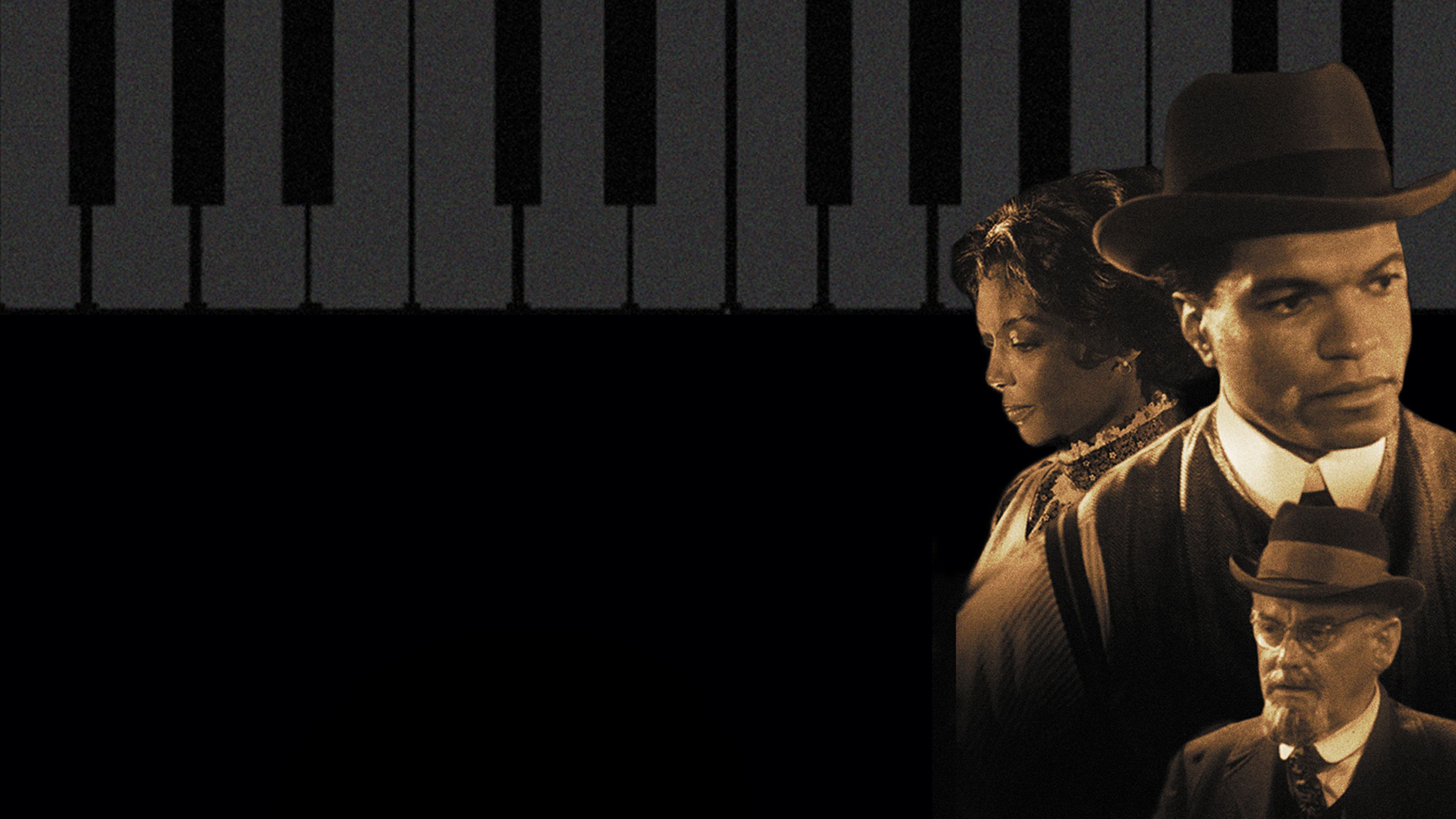

"I didn't want to know, terribly, what the clinical details were," he says.


This is something to think about."ĭoctorow didn't undertake any research for the book, preferring to fish back through his memories of the Collyers' story and expand on them, drawing the mythic elements out. I thought, they're still disturbing people, 50 years after they're dead! They've become folklore. I've known about the brothers for years, of course I wasn't the only teenager of the time whose mother looked into his room and said 'My God, it's the Collyers'!' But a few years back, I saw a piece in the New York Times saying locals were objecting to having the park named after them. "Once in a while, some accident causes an idea to rise to the surface and say: 'now'. "My books start almost before I realise it," he says, leaning forward in the study chair of his unfussy mid-town apartment. It was the spectacle of their reputation being hauled over the coals once more that led to their story, which had simmered in his head for years, offering itself as a subject. The verminous association is symptomatic, he believes, of the way in which the brothers' characters have been traduced over the years something that's still going on to this day. His latest novel, Homer and Langley, takes the brothers' legend and moulds it, shifting their house into the heart of Manhattan and allotting them an extra 30 years' life he prefers, he says, to think of them as "aggregators. It's a term of which EL Doctorow disapproves. After their deaths in 1947 (Langley under a landslide of rubbish Homer, blind and paralysed, from starvation), their house was broken open: the 130 tons of junk discovered within saw them posthumously ordained as America's most notorious pack-rats.
MEANING OF BLACKENED FACE IN RAGTIME EL DOCTOROW WINDOWS
It stands on the lot of what was once the home of Homer and Langley Collyer, well-born, educated, affluent brothers who slowly but surely turned their backs on polite society, shuttering their windows and giving themselves over to a shadow-life of squirrelling. A sign on the railings gives its name as the Collyer Brothers Park. On a quiet Harlem backstreet at the end of a row of stately brownstones is a grassed-over sliver of land, home to a handful of plane trees, a couple of flowertubs and a garden bench or two.


 0 kommentar(er)
0 kommentar(er)
